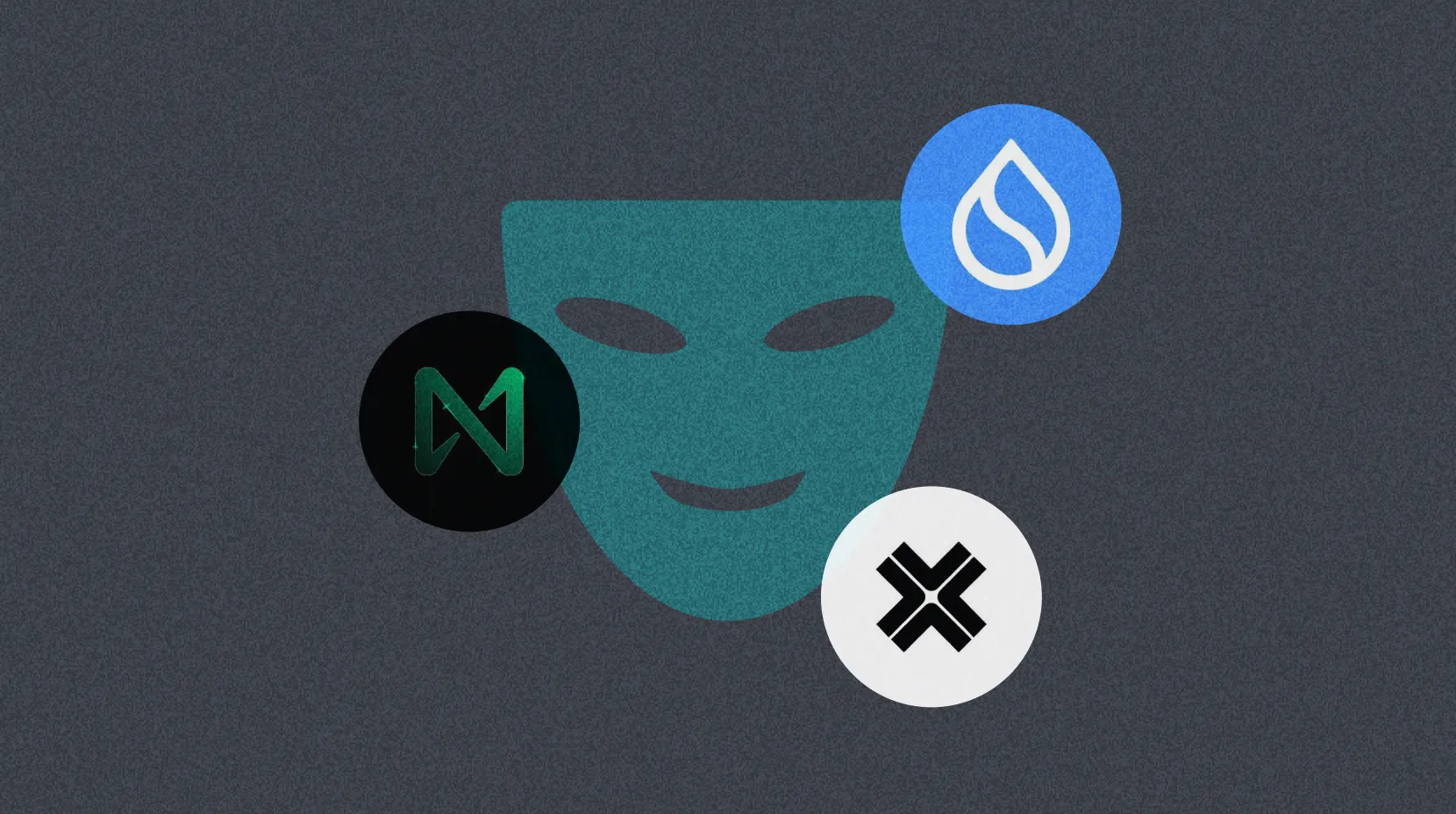Introdução à Tecnologia Blockchain
Introdução
A tecnologia Blockchain está a transformar rapidamente o panorama digital, fornecendo uma forma descentralizada, segura e transparente de gerir dados e transações. Originalmente desenvolvida como a espinha dorsal de criptomoedas como o Bitcoin, a blockchain evoluiu para uma tecnologia versátil com aplicações muito além do espaço cripto. Este guia serve como uma introdução à tecnologia Blockchain, oferecendo informações valiosas tanto para iniciantes como para profissionais experientes.
Como a Tecnologia Blockchain Funciona
No seu cerne, a blockchain é um registo distribuído que regista transações através de uma rede de computadores. Aqui está uma análise dos seus componentes fundamentais:
Blocos e Cadeias: As transações são agrupadas em blocos que estão ligados criptograficamente para formar uma cadeia. Esta estrutura garante a integridade dos dados e a ordem cronológica.
Descentralização: Ao contrário de bases de dados tradicionais, uma blockchain opera numa rede descentralizada, o que significa que nenhuma entidade única tem controlo completo. Isto promove a confiança entre os participantes.
Mecanismos de Consenso: As redes Blockchain dependem de protocolos de consenso (como Prova de Trabalho ou Prova de Participação) para validar transações. Estes mecanismos garantem que cada nó concorda com o estado do livro-razão.
Contratos Inteligentes: Contratos autoexecutáveis com regras predefinidas, os contratos inteligentes automatizam processos complexos sem intermediários, reduzindo custos e aumentando a eficiência.
Quais São os Benefícios da Tecnologia Blockchain
A tecnologia Blockchain oferece numerosas vantagens que a tornam uma mudança de jogo em várias indústrias:
Transparência e Confiança: Cada transação é registada num livro-razão público, proporcionando uma transparência incomparável e reduzindo o risco de fraude.
Segurança Reforçada: Algoritmos criptográficos protegem dados, tornando a blockchain uma das tecnologias mais seguras disponíveis. A sua natureza imutável impede alterações não autorizadas.
Eficiência de custos e velocidade: Ao eliminar intermediários, a blockchain pode reduzir significativamente os custos das transações e acelerar os processos.
Descentralização: A natureza distribuída da blockchain garante que os dados não sejam mantidos por uma única autoridade central, dando aos usuários maior controle e reduzindo a vulnerabilidade a hacks.
Aplicações da Blockchain para além do Espaço Cripto
O impacto da Blockchain estende-se bem para além das moedas digitais. Aqui estão algumas aplicações emocionantes que estão a transformar vários setores:
Gestão da Cadeia de Abastecimento: A Blockchain pode rastrear produtos desde a origem até ao consumidor, aumentando a transparência e reduzindo a fraude. As empresas estão a utilizá-la para monitorizar a autenticidade e o percurso dos bens.
Saúde: Gerir dados do paciente de forma segura, a blockchain permite a interoperabilidade entre prestadores de cuidados de saúde, mantendo a privacidade. Também simplifica os ensaios clínicos e as cadeias de abastecimento de medicamentos.
Finanças e Banca: Para além das criptomoedas, a blockchain está a revolucionar o setor financeiro ao permitir transações transfronteiriças mais rápidas e seguras, reduzindo a necessidade de intermediários tradicionais.
Identidade Digital: A Blockchain capacita indivíduos com sistemas de identidade auto-soberana, permitindo uma autenticação segura e eficiente sem depender de bases de dados centralizadas.
Internet das Coisas (IoT): A integração da blockchain com dispositivos IoT melhora a segurança dos dados e facilita a comunicação em tempo real entre os dispositivos, aumentando a eficiência operacional geral.
Sistemas de Votação: A votação baseada em Blockchain pode garantir eleições transparentes e à prova de manipulação, reduzindo o risco de fraude e aumentando a confiança pública nos processos eleitorais.
Imobiliário: A Blockchain está a ser utilizada para simplificar transações imobiliárias, gerir títulos de forma segura e até permitir a propriedade fracionada, tornando o investimento imobiliário mais acessível.
Quais São os Desafios da Tecnologia Blockchain
Apesar do seu potencial transformador, a tecnologia blockchain enfrenta vários desafios:
Escalabilidade: À medida que os volumes de transações aumentam, as redes blockchain devem evoluir para lidar com uma maior capacidade sem comprometer a segurança.
Consumo de Energia: Alguns mecanismos de consenso, como o Proof of Work, requerem uma quantidade significativa de energia, levando a uma mudança para alternativas mais sustentáveis.
Preocupações Regulatórias: Governos e entidades reguladoras ainda estão lutando para integrar a blockchain nos quadros legais existentes.
Soluções inovadoras e pesquisa contínua estão abrindo caminho para superar esses obstáculos. O futuro da blockchain parece promissor à medida que as indústrias integram ainda mais essa tecnologia, impulsionando a eficiência, segurança e transparência em vários setores.
Conclusão
A tecnologia Blockchain está a transformar indústrias muito para além da criptomoeda, oferecendo soluções seguras, transparentes e descentralizadas para vários desafios do mundo real. Desde finanças até saúde e gestão da cadeia de abastecimento, as suas aplicações estão em constante expansão, impulsionando a inovação e eficiência. À medida que a adoção cresce, empresas e indivíduos devem manter-se informados sobre o seu potencial e desafios para aproveitar todos os seus benefícios. O futuro da blockchain é promissor, com avanços contínuos a abrir caminho para um mundo digital mais descentralizado e interligado.
Artigos relacionados

O que são Opções Cripto?

O esquema de Cripto de $50M que ninguém está a falar

Calculadora de lucro futuro de Cripto: Como Calcular Seus Ganhos Potenciais

Gate junta-se à Oracle Red Bull Racing para lançar o "Red Bull Racing Tour": Ganhe Bilhetes Exclusivos para a F1 e Partilhe até 5,000 GT em Prémios

O que é Oasis Network (ROSE)?


